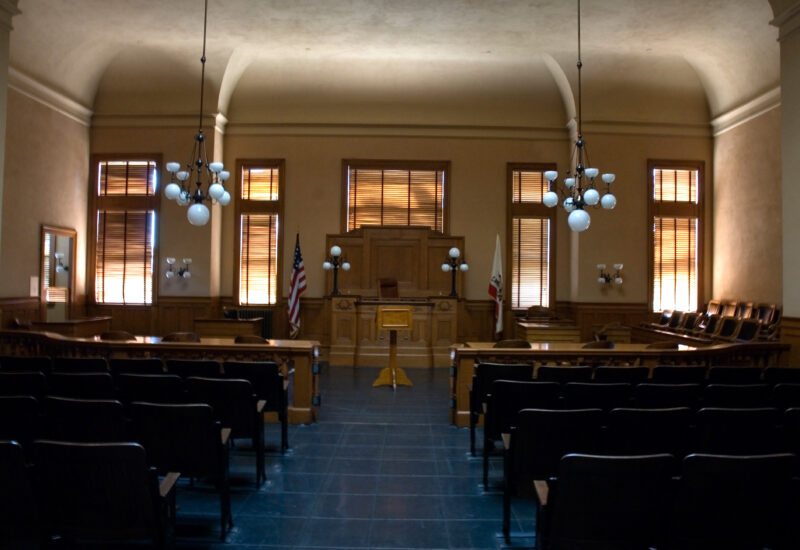Distracted driving is driving while performing any activity which could potentially distract a driver from the primary task of operating a vehicle. In theory, it can be anything that could take a driver’s eyes off the road, or mental concentration away from driving.
Many activities fall under the label “distracted driving.” Many new laws have focused on gadget distractions — such as driving while texting or using a cell phone. However, old fashioned forms of distracted driving continue, such as driving while shaving, putting on make-up, or tending to a pet, to name a few.
Distracted driving can lead to accidents, injuries, and death, in addition to citations for traffic violations. Distracted driving can also be used as evidence of negligence or recklessness in an injury lawsuit resulting from an auto accident.
While distracted driving is an umbrella term covering many behaviors, almost all states have enacted laws against it. States take a variety of approaches on punishing distracted driving, ranging from general to specific bans on distractions.
Some states punish distracted driving through general laws which do not specify which exact activities are forbidden, but instead set general parameters. General distracted driving statutes typically define distracted driving as doing something while operating a motor vehicle which: 1) Is not necessary to operating the vehicle; and 2) Impairs (or would reasonably be expected to impair) the driver’s ability to drive safely.
Other states forbid specific activities while driving. While recent years have seen states address telephones and electronic gadgets, some low-tech distractions have been specifically banned in certain states for a long time. States have specifically prohibited activities including personal grooming (such as shaving or putting on make-up), reading, writing, interacting with pets, and other common in-vehicle distractions.
In recent years, many states have enacted laws explicitly forbidding speaking on a mobile phone without using a hands-free device while driving. Many of these states forbid all cell phone use (even with a hands-free device) by certain classes of drivers, most often novice drivers (typically, under 18) and school bus drivers. Most states which ban cell phone use include exceptions for emergency calls.
It’s important to remember that even in states which have not enacted specific bans on driving while using a cell phone, doing so (without a hands-free device) may violate more general laws against distracted driving
Many states have also enacted laws to prohibit driving while texting. Specifically, these laws often ban the use of electronic devices, which would include devices used to send and receive text messages, such as cell phones, PDAs, and other devices. These gadget oriented laws typically would forbid not only driving while texting, but also other gadget use, such as driving while emailing, web browsing, or using smart phone apps, to name just a few.
Most states which have banned using a handheld cell phone while driving, or other specific distractions, allow law enforcement to issue drivers a traffic citation even if the officer observes no other violation. These are called “primary enforcement” laws. A limited number of states have opted for “secondary enforcement” laws, meaning officers may only cite drivers if the officer has observed and pulled the driver over for a separate violation.
Cell phone or texting bans targeted at specific groups, such as teen drivers, have an even greater chance of being primary offenses, meaning the officer needs no other reason to pull over and cite the driver.
Beyond traffic tickets, distracted driving poses far more serious dangers — accidents and injuries. Those accidents and injuries may well lead to lawsuits. The fact that a driver was distracted greatly increases the likelihood that a driver will be found responsible for damages caused.
Using a mobile device or engaging in other distractions can cause problems even if someone else causes an accident. For instance, in many states, if a driver on a handheld cell phone is hit by someone else, use of the cell phone could constitute “contributory” or “comparative” negligence. Depending on the state, a plaintiff’s negligent behavior (such as talking on a cell phone) can prevent them from obtaining compensation for their injuries entirely, or can reduce the size of compensation. This means that a cell phone using driver might be out of luck in regards to the injuries suffered when hit by someone else.
With cell phone records detailing when people use mobile devices and how, evidence relating to phone calls and messages sent or accessed close to the time of an accident become crucial in many auto accident related lawsuits.
Even if there is no specific law against what the driver was doing, evidence of distracted driving can help prove negligence, perhaps leading to civil liability, For example, even in states which have not banned texting while driving, evidence of texting while driving may cause a driver to lose a lawsuit stemming from an accident.
If you or a loved one is in a bind as a result of a criminal charge, immediately contact a Seattle Criminal Attorney. A Criminal lawyer is not going to judge you, and understands that everyone makes mistakes. Hiring a Seattle Criminal Lawyer to help can – at a minimum – reduce penalties, and can help direct people on how to best deal with their criminal charge, and many times even get them dismissed. So it should go without saying that someone cited for a misdemeanor or felony should hire a qualified Seattle Criminal Lawyer as soon as possible. Criminal charges can cause havoc on a person’s personal and professional life. Anyone charged with a crime in Washington State should immediately seek the assistance of a seasoned Seattle Criminal Lawyer.


